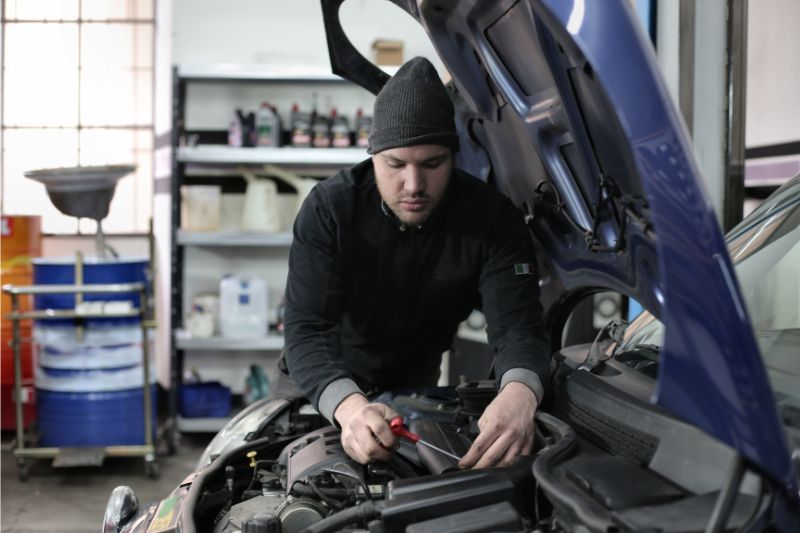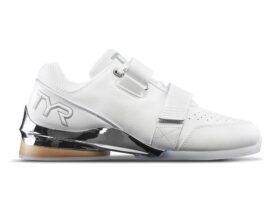10 Essential Maintenance Tips To Keep Your Car Running Smoothly

Your car is an investment that requires regular care to keep it running smoothly and extend its lifespan. Just like our bodies need consistent maintenance to stay in good health, our vehicles also need the same level of attention.
In this post, we have compiled 10 essential maintenance tips that will help ensure your car’s longevity and reliability. Not only will these tips save you from costly repairs, but they will also ensure a more enjoyable driving experience.
Regular Oil Changes
Changing your car’s oil at regular intervals is crucial for maintaining its engine’s health. Oil acts as a lubricant for the engine, preventing friction between its components and reducing wear and tear. Consult your owner’s manual or ask The Privateers Garage for the recommended oil change interval, and make sure to use the right oil type for your vehicle.
Check And Replace Air Filters
A clogged air filter reduces engine efficiency, increases fuel consumption, and hampers overall performance. Check your air filter every 15,000 to 30,000 miles and replace it if it appears dirty or clogged. The process is relatively simple and can be done at home, saving you time and money.
Maintain Proper Tire Pressure
Underinflated or overinflated tires can lead to uneven wear, poor handling, and increased fuel consumption. Check your tire pressure monthly and inflate them to the recommended PSI (pounds per square inch) mentioned in your owner’s manual.
Investing in a good quality tire pressure gauge can help you maintain the proper pressure.
Rotate And Balance Tires
To ensure even tire wear and maintain optimal handling, it’s essential to rotate your tires every 5,000 to 7,000 miles. This process involves moving the tires to different positions on your vehicle.
Additionally, balancing the tires helps prevent vibrations and uneven wear, contributing to a smoother ride.
Check And Replace Brake Pads
Your car’s braking system is crucial for safety, and worn brake pads can compromise its effectiveness. Inspect your brake pads every 25,000 to 50,000 miles, and replace them if they are worn out or damaged.
A squeaking or grinding noise while braking is a telltale sign that your brake pads need attention.
Flush And Refill Coolant
The engine’s cooling system prevents it from overheating, and maintaining the right level of coolant is essential for its proper functioning. Flush and refill the coolant every 30,000 to 50,000 miles to remove debris and contaminants that may accumulate over time.
Always follow the manufacturer’s guidelines for the correct coolant type and mixture.
Replace Transmission Fluid
Transmission fluid acts as a lubricant for the various moving parts in your car’s transmission system. Over time, the fluid can break down, losing its effectiveness and causing increased wear on the transmission.
Check your owner’s manual for the recommended interval for replacing transmission fluid, which is typically every 30,000 to 60,000 miles.
Inspect Belts And Hoses
Belts and hoses are critical components that keep your engine running smoothly. Regularly inspect them for signs of wear, such as cracks, fraying, or leaks. Replace them as needed to prevent sudden failure and potential damage to your engine.
Clean Your Car Regularly
Keeping your car clean both inside and out not only maintains its appearance but also prevents the buildup of dirt, dust, and debris that can cause damage over time. Wash and wax the exterior to protect the paint and clear away corrosive substances, and vacuum the interior to remove dust and debris that may accumulate in vents and crevices.
Follow The Manufacturer’s Maintenance Schedule
Your car’s manufacturer has designed a maintenance schedule specifically for your vehicle, taking into account its unique needs and requirements.
Adhere to this schedule, as outlined in your owner’s manual, to ensure your car receives the necessary care for optimal performance and longevity.
Conclusion
Proper car maintenance is essential for keeping your vehicle running smoothly and ensuring its longevity. By following these 10 essential maintenance tips, you can minimize the risk of unexpected breakdowns, save money on costly repairs, and enjoy a safer, more reliable driving experience. Remember, investing time and effort in maintaining your car now will pay off in the long run, helping you get the most out of your investment.










Leave a Reply